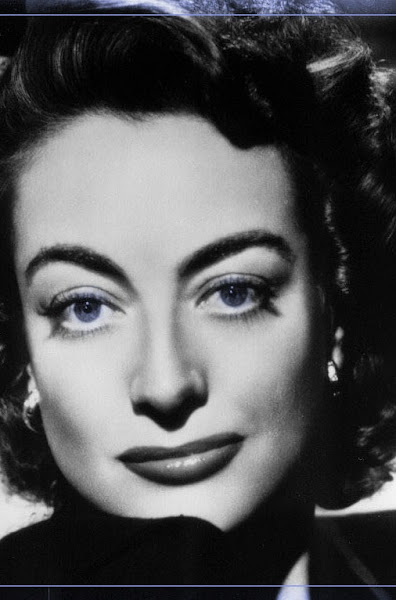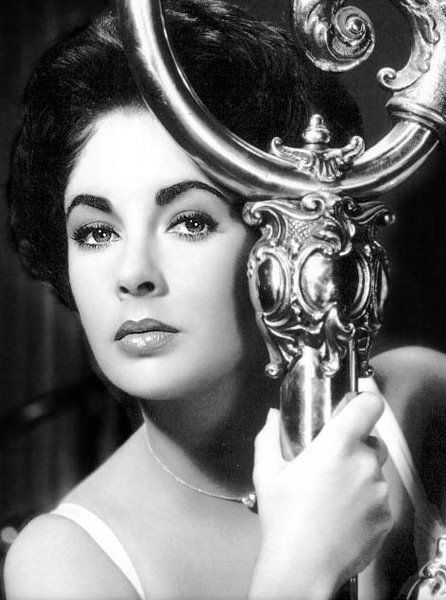 *** ½ out of ****
*** ½ out of ****
“Mighty Aphrodite” is a 1995 film by Woody Allen. Much like the rest of his oeuvre, the film centers around a neurotic main character who embarks on a series of misadventures in New York, exploring his interactions with various characters played by an all-star cast. On the other hand, there is something completely unique about this film that defies the conventions established by previous Allen masterworks such as “Annie Hall,” “Manhattan,” or “Hannah and Her Sisters.” “Mighty Aphrodite” incorporates elements of an ancient Greek drama, complete with a Chorus, with a tale of Woody and company in modern New York. Despite the notable change from the typical style of Woody Allen, this film still features the elements that make his films special—the arresting, witty script that never misses a beat and the truly special characters derived from the sublime technique and mastery of his creative genius.
In the film, Allen plays Lenny Weinrib, a sportswriter who adopts a child with his wife Amanda (Helena Bonham Carter). When their son, Max (Jimmy McQuaid), by age five has become a brilliant, personable young boy, Lenny’s bewilderment leads him to find his birth mother. He is surprised to discover it is Linda Ash (Mira Sorvino), a beautiful hooker with some small credits in porno flicks, manners lacking couth, and hardly the intelligence Lenny imagined her to have. Lenny then becomes obsessed with freeing her from her unsuitable lifestyle, and the rest of the film follows him in his efforts while a Greek Chorus (led by F. Murray Abraham) comments on his actions.
Comic effect is crucial to “Mighty Aphrodite.” Though Allen’s films amazingly never overlap despite the recurring thematic and stylistic elements, “Mighty Aphrodite” is its own film, right down to the seamless script with quippy, subtle one-liners and effortless dialogue. (Tiresias’ (Jack Warden) response to Allen’s question on his wife’s resistance to Jerry Bender (Peter Weller): “No, she just stuck her tongue into his mouth as far as it would humanly go.”) Essentially, the best thing about the script is that it simply never gets old. A modern comedy featuring a Greek Chorus is obviously quite rare in film, and Allen completely flips around its meaning, changing the ideal dramatic Chorus that narrates on the action to a humorous one that still narrates but provides comic relief (all the way down to Zeus’ answering machine message). Even growing out of the titular Greek theme is the clear difference between the physical structures of Allen and Sorvino, emphasizing her height and power and making her the embodiment of sexual power, or, if you will, the Aphrodite.
Naturally, Allen is a great actor in his film, and of course it is because he tailored the role of Lenny to himself and his personality. I must contend, though, that Helena Bonham Carter is an odd choice for the role of Amanda; though Carter has an “artistic” quality to her style, she is better suited for the oddball roles she has taken in recent years.
The real star of the film, though, is clearly Mira Sorvino as Linda Ash. Although her first minutes onscreen make me question that glossy 1995 Academy Award for Best Supporting Actress, particularly because I think her first lines are a bit weak and her whiny voice is an easy voice altering, I quickly change my mind when I see the complete dynamic range of acting she explores in later scenes and how effectively she acts. Her character is written brilliantly, and it is because of Allen’s splendid screenplay. In fact, I would contend that the multiple acting nominations that result from Allen’s films in general are because of the detail he pours into each script for each principal character.
Though it is not one of the most-celebrated of Woody Allen’s films, “Mighty Aphrodite” is underappreciated and still worth recognizing. The script, in itself, arises from the calculated collaboration of ancient Greece and modern New York while never slowing down in its hail of humorous quips and conversations. With this film, if Allen had not proved it already, he at least offers another example of his genius in screenwriting and blending his tireless but worn themes into something fresh and always funny. And if you have no other reason to see this film, at least see it for Mira Sorvino’s worthwhile, funny performance.
May 5, 2008
Mighty Aphrodite
Subscribe to:
Post Comments (Atom)

.jpg)

.jpg)
.jpg)

No comments:
Post a Comment